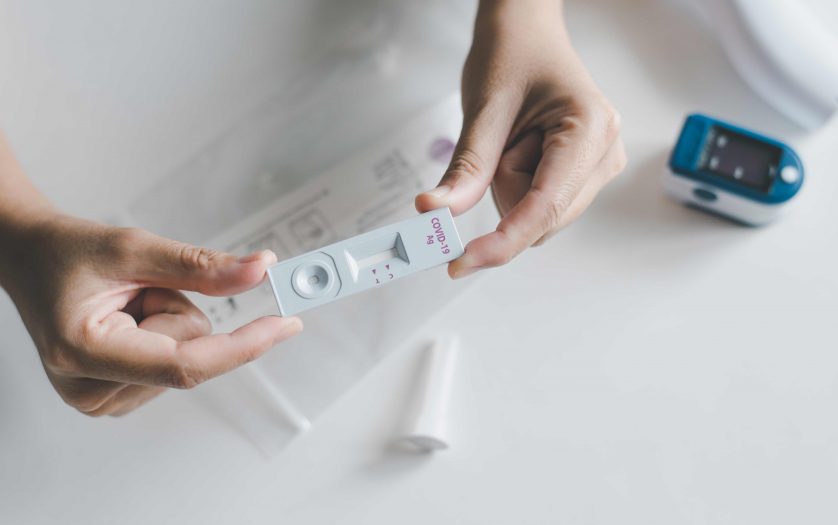
Minister for the National Disability Insurance Scheme (NDIS), Senator the Hon Linda Reynolds CSC has today confirmed that eligible NDIS participants can purchase rapid antigen tests with funding from their NDIS plan, to ensure safe access to their supports in current COVID-19 outbreaks.
Participants can use their core funding to purchase rapid antigen tests where it is required to access their reasonable and necessary supports.
“We know that rapid antigen tests are an important tool for ensuring that participants continue to access their disability-related supports,” Minister Reynolds said.
“NDIS participants can claim rapid antigen tests to ensure their continuity of services.”
This follows National Cabinet’s agreement on the Australian Health Protection Principal Committee (AHPPC) guidance regarding the use of rapid antigen testing.
“This is another example of how we are supporting participants to use their funding flexibly during the COVID-19 pandemic, to ensure they continue to receive the disability-related supports they need.”
Participants may also purchase rapid antigen tests for their support workers as needed to ensure they can safely receive supports, in line with AHPPC guidance.
This measure complements:
- the Commonwealth program to provide free rapid antigen tests for concession card holders will commence today, which includes the majority of NDIS participants; and
- the temporary NDIS program enabling eligible supported independent living participants and providers to claim up to $12.50 per rapid antigen test when a support worker is required to undergo COVID-19 testing to safely deliver supports to a participant.
There are also a number of COVID support measures which continue to be available to ensure participants are able to safely access their disability-related supports. Further information is available on the NDIS website, or by contacting the NDIA on 1800 800 110.








